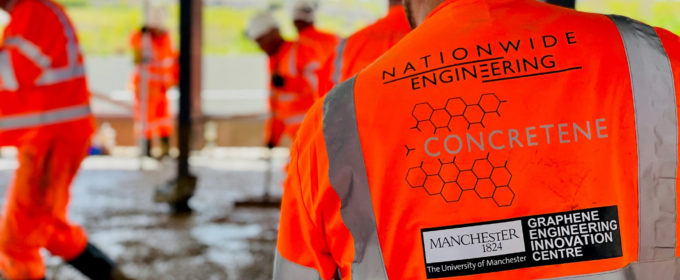The UK’s urban centres are key to driving up economic and productivity growth. However, many post-industrial towns and cities are underperforming. In this article, Dr Marianne Sensier, Dr Kate Penney and Michael Francis from The Productivity Institute, describe their findings from a place-based study of Rochdale and explain what the government and metro mayors can […]








